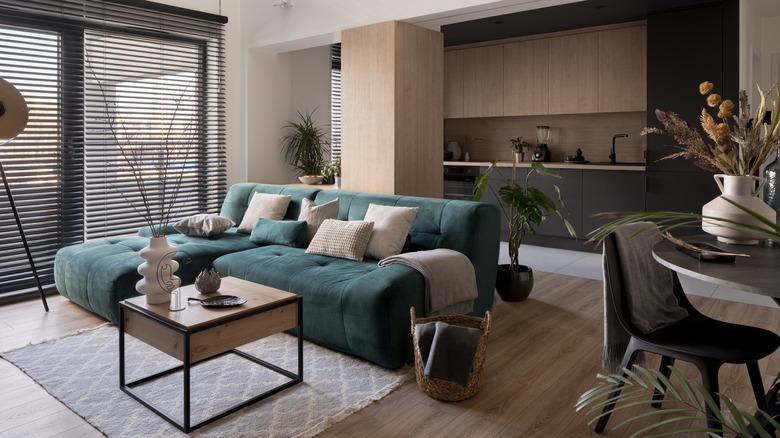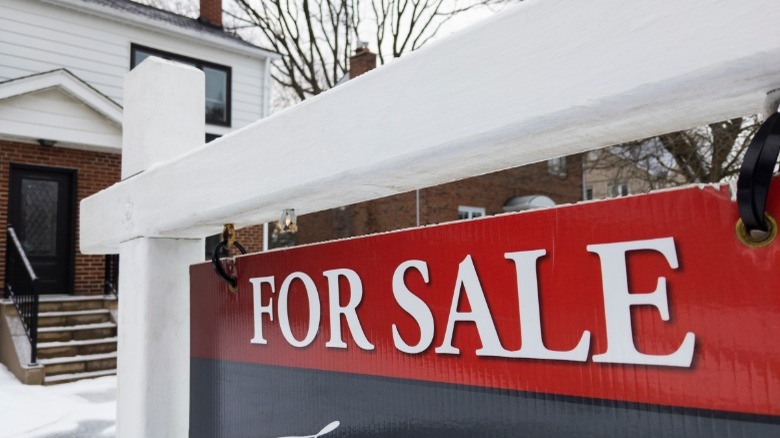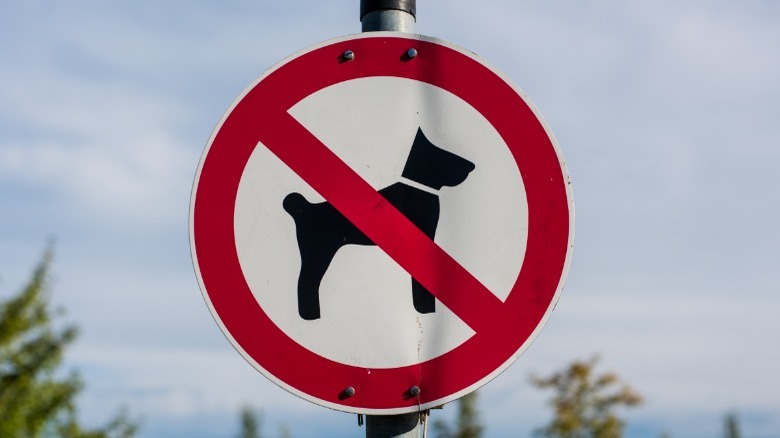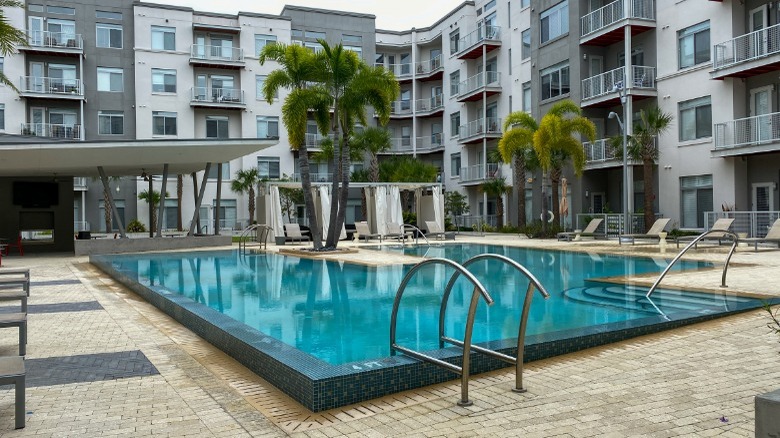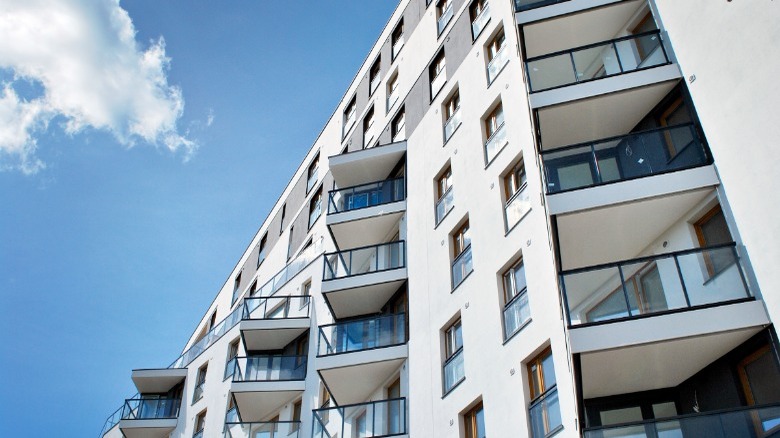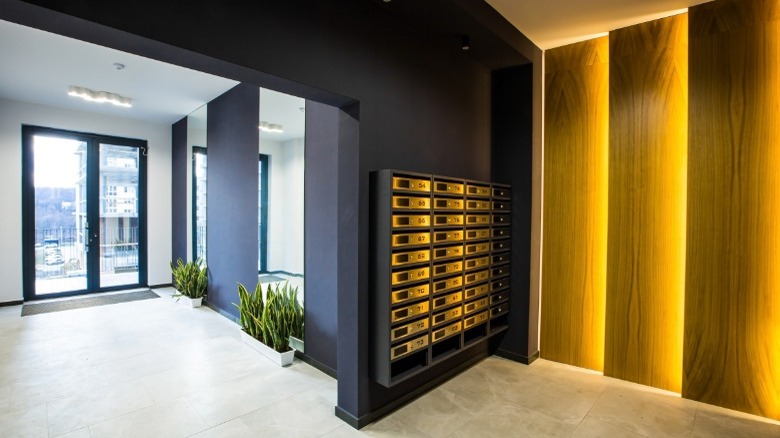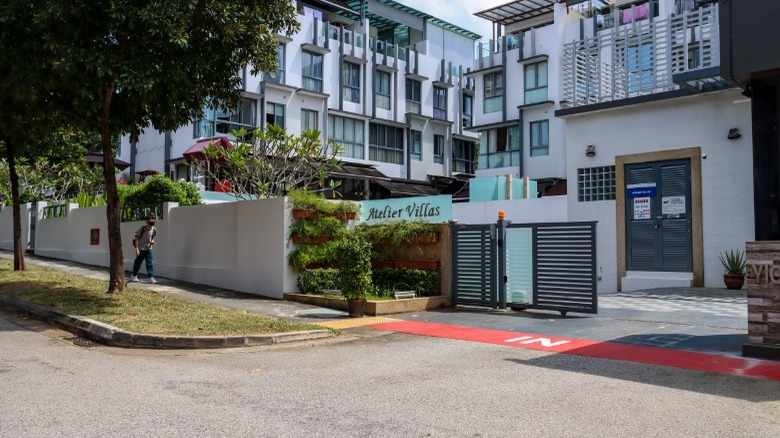Condo-Buying Tips To Help You Find The Perfect Space
If you're considering purchasing a home, you might be looking at condos. They're often less expensive and have much less upkeep than a house. Buying a condo can be a great solution if you're ready for the financial commitment but are unsure of the responsibilities of owning a property. With a condo, the maintenance you would normally have to put into a house is taken care of. However, it comes with a price tag in the form of monthly maintenance fees, which must be factored into your expenses.
A condo typically has other things going for it as well, such as great locations and tempting amenities. It may be less intimidating to lifetime renters because it's like an apartment in many ways. Only instead of paying all that money to a landlord, you would be investing it in something you own, building equity, and creating a valuable asset. But condos are a different animal, and there are some important things to know ahead of time to make the purchase go smoothly. Here are some helpful condo-buying tips to help you find the perfect space, and do it smartly.
What's the difference between a condo, a townhouse, and a house?
There are many differences between a house, a townhouse, and a condo, but also many similarities. Let's start with the things they all have in common. The first thing to remember is that they all have down payments and monthly mortgage payments. The main difference is in the actual ownership of the three. For both houses and townhouses, you own the house or unit and the property it's located on.
For condos, you only own the interior of your unit and share the ownership of the building and grounds with the rest of the occupants. This has its pros and cons, but condos require very little maintenance. Since the condo association is responsible for all repairs and upkeep of the property, if there's a problem, the expenses are shared by all. In the same manner, the amenities are also shared by all. Often this can include security, which is a nice perk. Other amenities might include a swimming pool, a clubhouse, a golf course, a playground, and a barbecue area.
There will be rules, so find out what they are first
When you find yourself interested in a condo, keep in mind there will most likely be a set of rules to follow. With a condo, there are several documents you'll want to inspect before committing to ownership. The declaration will explain rules for common areas and how maintenance and assessments are handled. The bylaws will describe members of the association, as well as meeting and voting information. Then there are the general rules and regulations, which will explain in detail what is expected from owners who live there. Since they can sometimes be quite specific and occasionally extreme, it's very important to know what they are first.
For example, pet rules and rules for guests are found here, as well as what you can have outside the unit. This could be anything from a satellite dish to holiday decorations. You will likely have restrictions on what you can do to the inside of the unit as well, although there will be some freedom there. Condo associations take these governing documents very seriously, and there are significant consequences for breaking them, typically in the form of fines. The condo association comprises the owners in the building, and board members are voted in. Keep in mind that for many associations, you'll also need their approval to move in.
Financing is more difficult
When you apply for financing to buy a condo, know that the process will be more involved than usual. Lenders aren't as accommodating for condo mortgage loans. During the loan process, they must also investigate the financial situation of the association and building. They will determine if it will be a reasonable risk for them to loan you the money. One important thing to know is whether or not the building is warrantable or non-warrantable. A warrantable condo is eligible for a conventional loan, but if it's non-warrantable, you will have trouble finding a lender, and the rates and down payment will be higher.
Additionally, if you're counting on an FHA loan, you'll need a credit score of at least 580 and be able to make a 3.5% minimum down payment. Also, interest rates are typically higher for condo loans by about .25% since banks find them a riskier investment than houses. While you can usually negotiate the .25% hike, you can also avoid the increase if you have at least a 25% down payment. All in all, the process is more complicated, and you should definitely have a good real estate agent to help you navigate through it. Last but not least, since this can be a tedious process, secure your financing ahead of time if possible.
Understand condo maintenance fees
You'll also need to consider a condo's monthly maintenance fees when calculating your mortgage payment, as they can be significant. These fees are in addition to the mortgage and property tax payments, and are typically calculated according to the size of the unit you're in. They can include various costs like building insurance, repairs and maintenance fees, amenities, and a reserve fund. Condo associations nearly always have a certain percentage that goes to a reserve account, set up for handling major projects that become necessary over time. For example, this could be a roof replacement or a parking lot re-pavement. It's also important to know that condo fees can increase or decrease yearly, depending on the operating budget of the building and other factors.
However, the interior of your unit is your responsibility. If something goes wrong inside your space, you will need to cover the cost, unless it's a problem in the building itself that affects all the residents. Condo association fees are usually higher than regular HOA fees, and there are also a few "one-time fees" when purchasing. You'll have to buy a condo questionnaire which is drawn up by the association and details their finances. Don't forget that as the buyer, you'll also be responsible for the appraisal and inspection costs.
Try to meet your potential neighbors beforehand
Understand that regardless of where you live, getting along with your neighbors is important. However, when moving into a condo, you might want to meet yours before you commit to anything. There are politics involved, and sometimes there will be ongoing feuds you may have nothing to do with but will find yourself in the middle of regardless. You'll want to ensure you can get along with the people in your immediate vicinity.
Community living is always tricky, but when you purchase a condo, everyone owns their unit and therefore is not likely to budge in the face of conflict. You can scope out whether you might have problematic neighbors in several ways. You can meet some neighbors in the lobby and ask how they like living in the building. If there is a particularly difficult or loud neighbor, they're likely to tell you. You can also keep your ears open when walking down the hallways or visiting the property. Is there loud music or TV blaring? It's also a good idea to visit during different times of the day to see if there is a change in noise.
Research the COA
When you find a condo you like, you'll want to research the COA (condo owners association). This association is typically funded by the builder or developer of the building, who often makes up the basic rules you must follow as an owner. Then a board is elected by shared owners within the building, and they maintain these rules and maintenance requirements. Sometimes, a COA can be mismanaged, resulting in financial or other problems that residents ultimately suffer. The financial situation of the COA is therefore crucial to know.
As previously discussed, it's also important to the kind of financing you may or may not be qualified for. Doing some basic research on this is wise, and something your realtor will be able to guide you through. Before you get too interested in any condo unit, be aware of its current financials and any legal issues or lawsuits that could be pending.
Check for special assessments coming up
When you purchase a condo, something to ask about is if the COA has any upcoming special assessments on the schedule. It's something most condo owners dread and can be a significant amount of money. A special assessment is when there's a big project coming up that isn't covered by regular maintenance fees. This could be something like putting a new roof on the building or building a new amenity. It could even be for replenishing the reserve fund set up for these purposes. Since you would be just getting into ownership of the condo, and these expenses can be high, it's an important question to ask.
This also speaks to the efficiency of the COA and its financial situation overall. If the association is well-run, owners will be well-informed. As is the case with any organization, it's only as efficient as the people in charge. In the case of condo owners, these are the people elected to the board by the other owners. Once you're an owner, you'll be able to take part in this process and attend meetings.
Perform a visual inspection of all areas
Being a condo owner will mean access to amenities and common areas. Since common areas are shared by all, the condition these spaces are in will tell you a lot about the people you'll be living with. You will be able to glean if they respect the building and follow the rules. If you see litter on the floor, messy hallways, and cars parked in two parking spots, you might have difficult neighbors in the building.
You will also get an idea of what kind of board runs the building. If you're looking during the summer, notice if the grounds are maintained and if money is invested in landscaping. If you're looking during the winter, see if the paths are plowed and salted. Meticulous boards will focus on details. The state of the amenities and outdoor areas will also tell you if a massive project is on the horizon. For example, if the roof looks old, the elevator is broken, or the parking lot is cracked, there might be a pricey special assessment in the near future. This process can weed out condos that are potentially going to have problems. Instead, find something that fits your needs and budget that is obviously well taken care of.

